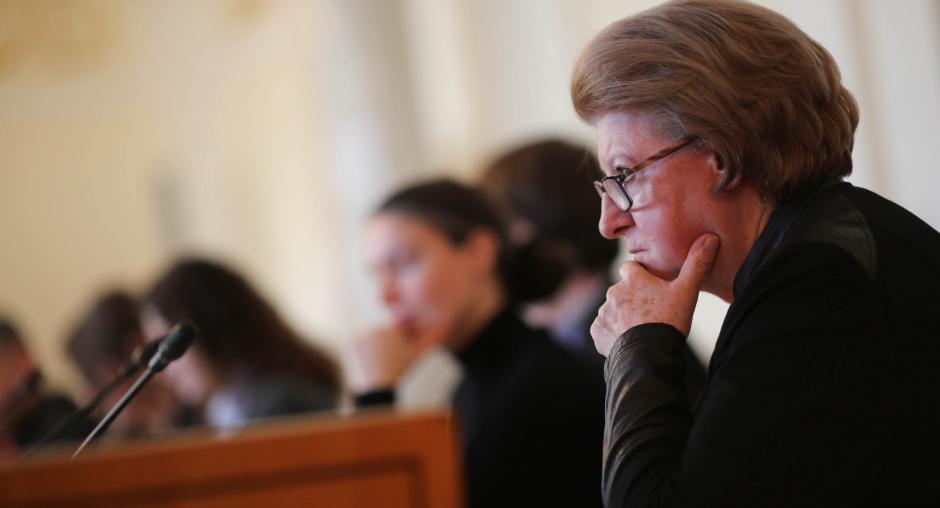Experts examine national practices of public participation in lawmaking at OSCE/ODIHR event in Warsaw

A roundtable discussion to explore practical ways of ensuring meaningful public participation in lawmaking was hosted by the OSCE Office for Democratic Institutions and Human Rights (ODIHR) in Warsaw on 30 November 2018.
The event brought together 24 experts (14 women and ten men) from 11 countries. Among them were representatives of state bodies, national human rights institutions, civil society organizations, academia and OSCE field offices.
“Based on detailed assessments of legislative processes in different OSCE participating States, ODIHR recommends and supports the full and effective involvement of citizens in the development of laws and policies as a way of improving their quality,” said Konstantine Vardzelashvili, Chief of ODIHR’s Legislative Support Unit. “The need for public participation is generally understood and accepted. It is the practicalities of making this process meaningful that continue to be a challenge in many OSCE participating States.”
Participants shared and critically examined public consultation models and mechanisms in a number of participating States, including Albania, Croatia, Estonia, Poland and the United Kingdom. Some of the specific issues discussed were legal frameworks for public consultation, citizen engagement in parliament, online consultation tools and the role of national human rights institutions. The participants identified many good practice examples and emerging trends, such as the increasing reliance on digital solutions to make consultations more accessible and inclusive.
“Public participation in the legislative process is an important aspect of good governance and the rule of law,” said Hanna Suchocka, Professor at Adam Mickiewicz University in Poznan and Honorary President of the Council of Europe’s Venice Commission. “The Venice Commission has repeatedly stressed that a wide and substantive debate involving various political forces, non-governmental organizations and citizens’ associations is a prerequisite for adopting a sustainable legislative text that is acceptable to the whole of society and in line with democratic standards.”
Participants addressed common challenges and barriers to public participation and made recommendations to ODIHR on good strategies to promote and support public participation in policymaking and lawmaking across the OSCE region.
